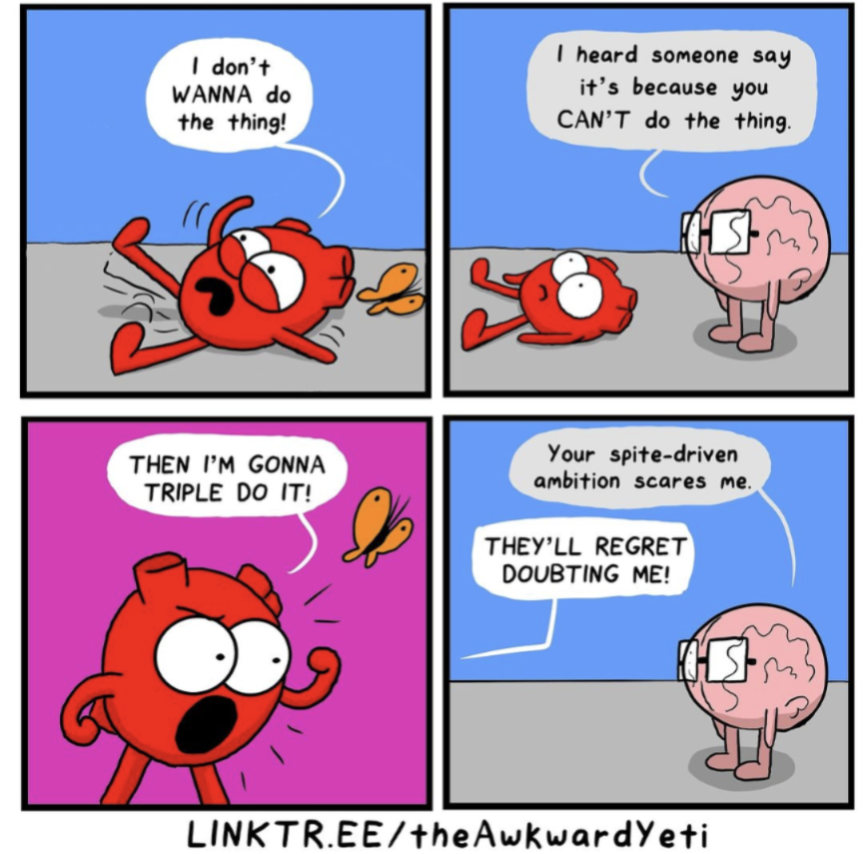Write the Thing: Love After Love
Welcome back to Write the Thing, a weekly feature in which I share and discuss a poem or song lyric I love and give you a related writing prompt to try. Writing prompts are for members of our paid subscriber community, but the poems and songs will always be free for everyone. Thanks for reading.
This week we’re back to poetry with Derek Walcott. Walcott (1930-2017) was a playwright and poet from the island of St. Lucia and his devotion to the Carribean is woven throughout so much of his work. He often explored themes of colonial and post-colonial Carribean culture and his complicated but loving relationship with the English language.
Today’s poem is Walcott’s “Love After Love”. This is a poem I come back to frequently. It often finds me in moments when I most need it, as a reminder that grief is as much a part of life as joy, and that they can be taken in together. It’s about self-love, yes, but it’s also about rekindling hope after loss. It’s about remembering (re-membering) yourself after heartbreak and knowing there is a feast of good to come.
Text within this block will maintain its original spacing when publishedLove After Love
by Derek Walcott
The time will come
when, with elation,
you will greet yourself arriving
at your own door, in your own mirror,
and each will smile at the other’s welcome,
and say, sit here. Eat.
You will love again the stranger who was your self.
Give wine. Give bread. Give back your heart
to itself, to the stranger who has loved you
all your life, whom you ignored
for another, who knows you by heart.
Take down the love letters from the bookshelf,
the photographs, the desperate notes,
peel your own image from the mirror.
Sit. Feast on your life.
Wow. Can we take a deep breath together after that? Just let it wash over you for a second before we dive in.
This is a poem that is benefitted by being heard aloud. I highly recommend listening to Jamaican poet Linton Kwesi Johnson read this at a tribute to Walcott for a sense of that musicality:
Actor Tom Hiddleston has also mentioned this poem as one of his favorites on more than one occasion, and he did a fantastic reading of it after Walcott’s death for NPR. You can listen to that reading here.
The first thing I notice after the emotional impact of this work is that there isn’t a set rhyme or meter. This is free-form poem alternating longer lines with short, directive sentences. That said, there is a lot of musicality in this poem that is reinforced by some of Walcott’s syntax choices (I especially love “You will love again the stranger who was your self.”)
“Give wine. Give bread.” Walcott invites us into communion with a part of ourselves that may have been lost in the fray of a breakup or another loss. Inviting the self back to itself, “peel your own image from the mirror”. These gentle instructions remind us that what may have felt lost is not lost forever. The self who “knows you by heart” is always waiting to be invited to the table once again.
I have a hard time getting through this poem without tearing up, but it happens at different moments in the poem each time. Today it was “the stranger who has loved you/all your life”. That line break, the accompanying natural pause that one takes while reading, is especially effective at driving home the point. All your life. You have been ready and waiting to greet yourself “with elation”.
Are you ready to accept the invitation?
